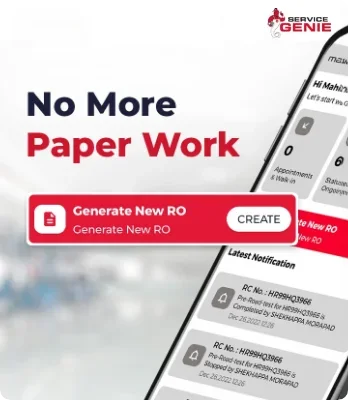Driving success with scalability. Our expertise in product scaling and optimization elevates businesses from every sector, ensuring they are not only efficient but dominant in their market. Achieve unparalleled growth with our refined optimization strategies.
Scaling for
Excellence
At the heart of business process management, our services refine your digital landscape. From enhancing performance to seamless tech migrations, we’re your guide to an optimized, scalable future.

Performance Optimization
Elevating your product's efficiency and user experience through targeted optimizations, ensuring high performance under any load.

Tech Stack Migration
Seamlessly transitioning your systems to more robust, scalable technologies, driving your business forward with agility and resilience.

Workflow Optimization
Elevate efficiency with strategic analysis and customized enhancements.

Adaptive Optimization
Ensuring your business stays ahead with continuous, agile improvement strategies.
Through strategic scaling and optimization, we craft agile solutions that anticipate future market demands, embedding long-term growth and adaptability into your business process management.

Performance Optimization
Tailoring high-performance solutions that ensure your product excels.

Tech Advancement
Guiding your technology evolution for sustained growth and market relevance.

Scalable Infrastructure
Building the backbone for expansion with scalable architectures.

Efficient Process Management
Streamlining operations for agility in product development and deployment.
Our
Case Studies
Powering Industries through Tech Transformations
FAQs - Optimizing Business Process Efficiency
Business process management (BPM) is a systematic approach to making an organization's workflow more effective, more efficient, and more capable of adapting to an ever-changing environment. It involves examining the efficiency and effectiveness of a company's processes and systematically improving them. This discipline aims not only to improve processes but also to innovate and drive business transformation, which can significantly impact operational costs and improve productivity.
Automation in BPM involves using technology to perform repetitive tasks, liberate staff from mundane tasks, and decrease the likelihood of errors. Technologies like Robotic Process Automation (RPA), artificial intelligence, and digital process automation are commonly used. Automation helps streamline processes, leading to faster turnaround times and more consistent output, which directly benefits overall operational efficiency.
Industries that process large amounts of data or have complex operations stand to benefit the most from BPM services. These include:
- Banking and Financial Services: For managing transactions and customer data efficiently.
- Healthcare: For patient data management and regulatory compliance.
- Manufacturing: For supply chain management and production processes.
- Retail: For inventory management and customer service.
The timeline for seeing tangible benefits from Business process management initiatives can vary widely depending on the scale of the project and the complexity of the processes involved. Minor improvements may be noticeable within a few months, while more significant transformations could take a year or more, especially in large organizations.
BPM tools and strategies are designed to be scalable, meaning they can grow and adapt as a business expands. This adaptability ensures that processes remain efficient and effective even as the organization's needs and demands change.
BPM services typically encompass several key elements:
- Process Modeling: Creating representations of processes so they can be analyzed and improved.
- Business Analysis: Understanding the current processes and identifying areas for improvement.
- Process Design: Conceptualizing the changes needed for process improvement.
- Implementation: Deploying changes to business processes, which may involve new systems and training.
- Monitoring: Tracking the effectiveness of the new processes.
- Optimization: Making ongoing adjustments to improve speed, efficiency, and quality of the processes.
Yes, one of the primary benefits of BPM is its ability to reduce costs. By improving process efficiency, organizations can decrease the time and resources spent on business operations, thus reducing overheads. BPM can help identify unnecessary steps in processes, streamline operations, and utilize resources more effectively, all of which contribute to cost reduction.
Effective Business process management directly improves the speed and quality of service delivery, which enhances customer satisfaction. Streamlined processes reduce wait times, improve response times, and ensure more consistent and reliable service delivery.
Common risks include employee resistance due to fear of change or job loss, difficulties in integrating new processes with existing systems, and potential disruptions to business operations during the transition period. Effective change management strategies are crucial in mitigating these risks.
The future of BPM likely involves increased integration with emerging technologies such as AI and machine learning. These technologies will enable more advanced data analytics, predictive modeling, and decision-making capabilities within BPM strategies, making processes even more intelligent and adaptive.
Next Level Tech,
Engineered at the Speed of Now!
Are you in?
Let Neuronimbus chart your course to a higher growth trajectory. Drop us a line, we'll get the conversation started.


























